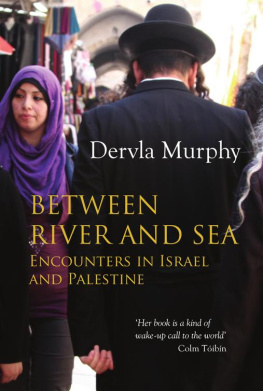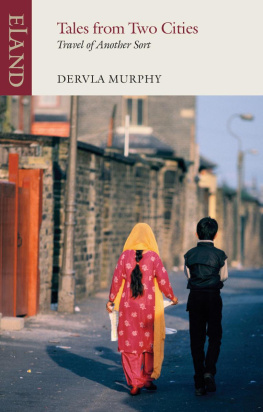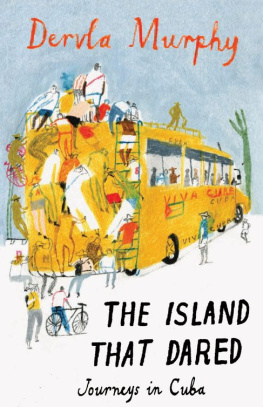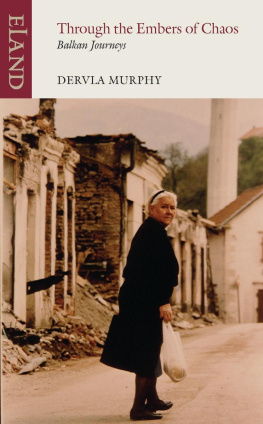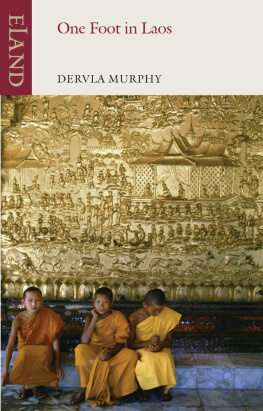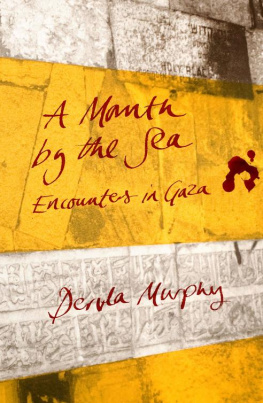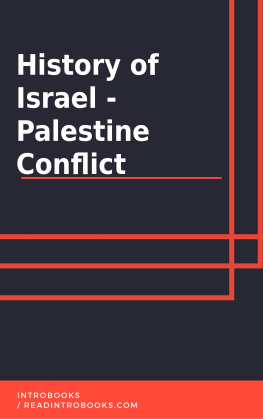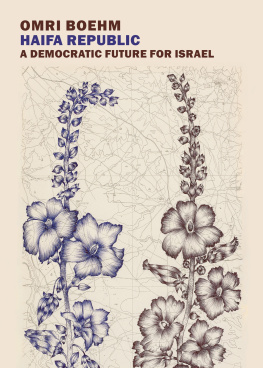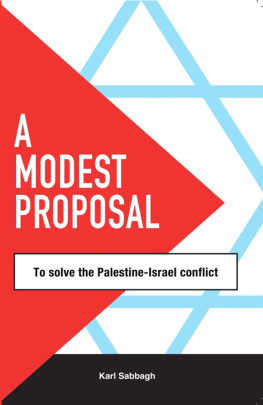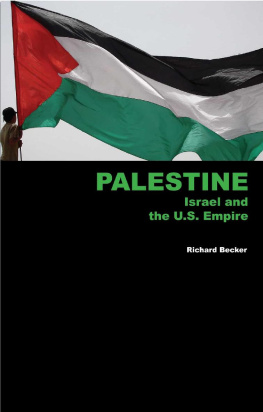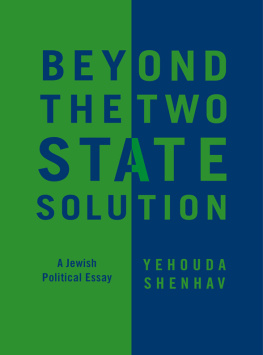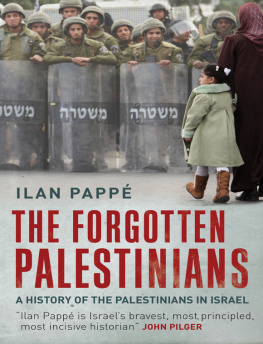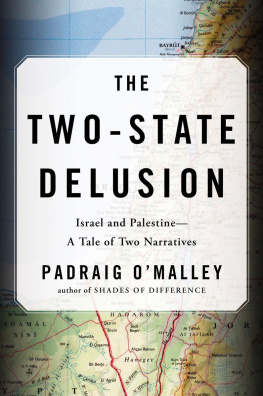My personal memories of the creation of the state of Israel are opaque. For years the newspapers were full of related bombings, snipings, ambushes and occasional spectacular assassinations, interspersed with Commissions of Inquiry, Delegations, Conferences, International Reports and British White Papers, all seen through an ambiguous haze of public sympathy for and guilt about Jews per se. Pre-partition, as a juvenile Irish nationalist with rabid tendencies, I admired the anti-British Zionist militias and scorned as traitors any Irishmen serving with the Palestine Police. However, by 1947 I had left the rabid stage behind and confusion was setting in. At that date the partition of Ireland still throbbed like an open wound and I remember my parents deploring the UN vote but I cant recall having strong feelings of my own. Adolescents are notably self-centred and Id other things on my mind like Shakespeare and long-distance cycling.
As the years passed I remained lazy and hazy about what was misleadingly known as the Palestinian problem; it seemed even more complicated than the various other twentieth-century problems. As a reviewer however, I gradually read more widely around the subject, and came to pay due attention to the Palestinian tragedy. I travelled to Israel for the first time in November 2008, and this book records three months spent there, and five months on the West Bank over the following two years. A visit to Gaza in the summer of 2011 has already spawned AMonth by the Sea: Encounters in Gaza (Eland, 2013).
Individuals may be anti-Semitic, anti-Israel, anti-Zionist or all three, or none of the above. I confess to being anti-political Zionism, therefore anti-Israel as the state is at present constituted. Political Zionism is generally used to describe the movement specifically founded in the 1890s to settle European Jews as colonists on Palestinian land. Its original leaders were not devout believers but hard-nosed secularists adept at using Judaism to attract massive funding and the support of such statesmen as Arthur Balfour and David Lloyd George.
Dervla Murphy
This book is based on visits made between November 2008 and December 2010. Certain facts and figures may by now be out of date but for the majority of Palestinians no major economic or political changes have taken place and the military occupation has, in the interval, become more oppressive.
All personal names, apart from those of public figures, have been changed. For security reasons some place names have also been changed or not specified.
Nowadays acronyms seem to breed like fruit-flies, especially in the Middle East. In an otherwise clarifying analysis of post-Oslo developments I found the PLC, PLO, PNC, and PLA in every other paragraph and they all had frequent dealings with the CMIP, UPMRC, CDC, GUPT, ANERA, PNGO, PGFTU, PPER, and GUPTOT. Whereupon I decided to be kind to my readers (and myself) and abstain from all but the most familiar, of which a list may be found, along with a Glossary, at the end of the book.
Firstly, the Nameless Ones without whom this book could not have been written but who must remain nameless at their own request.
Mary Buchalter and Yvonne Jacobson provided pivotal introductions. Garry Kilgallen forwarded many illuminating documents and attachments. John Feighery maintained a steady flow of relevant newspaper cuttings. Jo Murphy-Lawless patiently printed out the numerous essential articles and essays I was too computer illiterate to find for myself. Toni Madden unearthed much hard-to-find information. Gwyn Daniels and Avi Shlaim provided invaluable advice and encouragement. Raja Shehadeh provided inspiration and much-needed moral support during my residence in Balata. Lovena Wilson took my twentieth-century TS into cyberspace and on the way disentangled horribly convoluted corrections and dodgy spelling with unrivalled skill. Steph Allen provided other skills without which my (and many other) books would be stillborn. Eland Publishing (i.e., Rose Baring and Barnaby Rogerson) performed heroic editorial deeds and dealt tolerantly with authorial crankiness. Finally, Rachel, Andrew, Rose, Clodagh and Zea spurred me on when the going got rough by making frequent anxious enquiries Hows the Book?
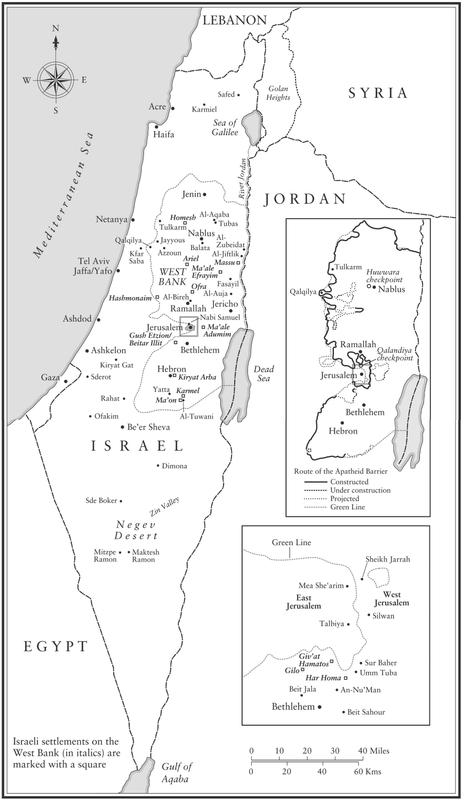
Israel and the Occupied Palestinian Territories showing places visited by the author
A Palestinian international campaign for a one-state solution backed by a wide popular insurgence cannot be discarded if indeed the Palestinians come to the conclusion that a viable state is not in the offing for them.
S HLOMO B EN -A MI ,
former Israeli Minister of Foreign Affairs and
leader of the Israeli negotiating team at Taba
I trust in you, when you return to your countries, to help us rid ourselves of these dishonest mythologies, of which we have become ourselves the victims.
Y EHUDID H AREL ,
Israeli human rights activist,
addressing an international writers
gathering in Ramallah
On the evening of 4 November 2008, I boarded my night flight to Tel Aviv as Barack Obama was being elected the first mixed-race President of the United States. All around me sat vocally Democratic young Americans, too excited to sleep, on their way to work with West Bank Palestinians. Such volunteers, known collectively as Internationals, may be of any age and are unpopular in Israel. Some undertake to protect schoolchildren from the Israel Defense Forces (IDF) or illegal settlers; and over the years a few have been killed and several seriously injured.
When we landed at 3.40 a.m., squeals of frustration filled the cabin; the Internationals cell phones, so eagerly switched on, had failed to connect. But they didnt have long to wait; as we trooped into the vast Immigration Hall elevated TV screens were showing Barack Obama in victory mode. His devotees cheered and laughed and hugged each other: some even wept for joy. Most of the other passengers remained resolutely uninterested.
Its said that Israeli officials are inconsistent when interpreting rules and regulations. Before choosing an immigration queue I studied the four women officers in their bullet-proof kiosks. Two were young, attractive and apparently amiable, their colleagues were dourly middle-aged with an evident penchant for complications. In the queue on my left stood six Haredim long bushy beards matching long ear-locks, wide-brimmed black hats and long black coats mentally anchoring them in some nineteenth-century shtetl. All carried the maximum of hand-luggage yet their clothes and shoes were shabby. Behind me a young Californian whispered, See how poor they are? They wont work. Youll notice some begging at traffic lights! These government-subsidised ultra-Orthodox exasperate their tax-paying fellow-citizens. I wondered how the sextet would deal with female officials. Their Halacha (collected religious rules) forbids them to listen to women singing and their sacred ). As they neared a kiosk one sack was replaced by a man and the group at once exchanged their advantageous position for the end of his long queue.
Israel craves tourists but prefers them to arrive tidily packaged with pious or frivolous destinations: the Holy Places or beaches and discos. Solitary foreigners arouse suspicion and when my turn came the dialogue went like this:
Why you visit Israel? For a holiday. Which your group? Im travelling alone. Who meet you outside? No one. You know who in Israel? No one. Tonight you stay where? In Jaffa. Where else you go? I dont know yet, I dont plan ahead. You have occupation, job, work? I write books. Books what about? About travels in different countries.

